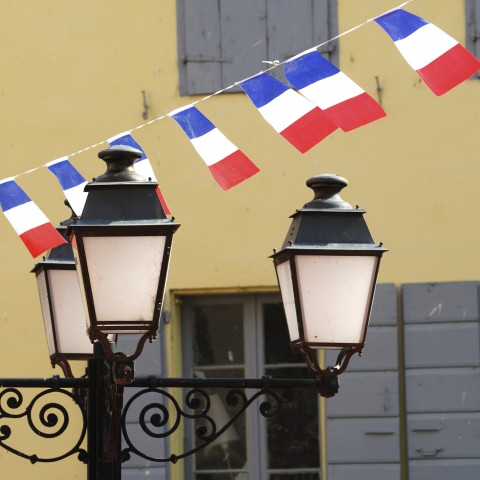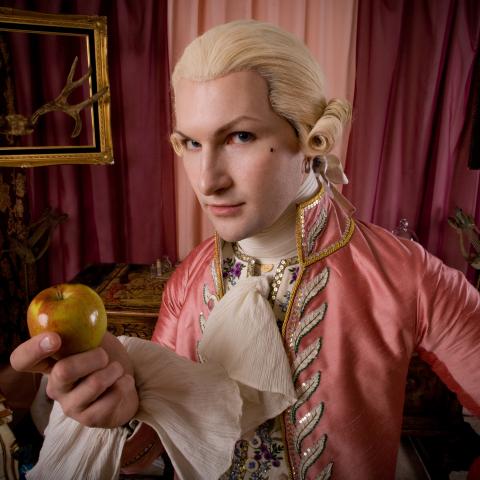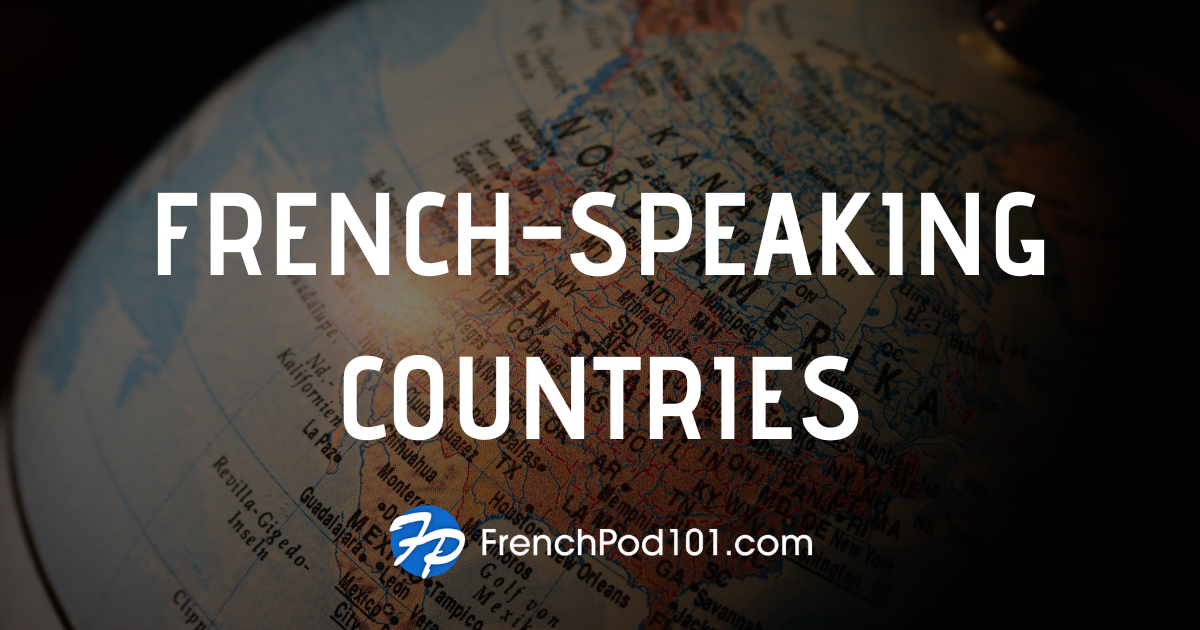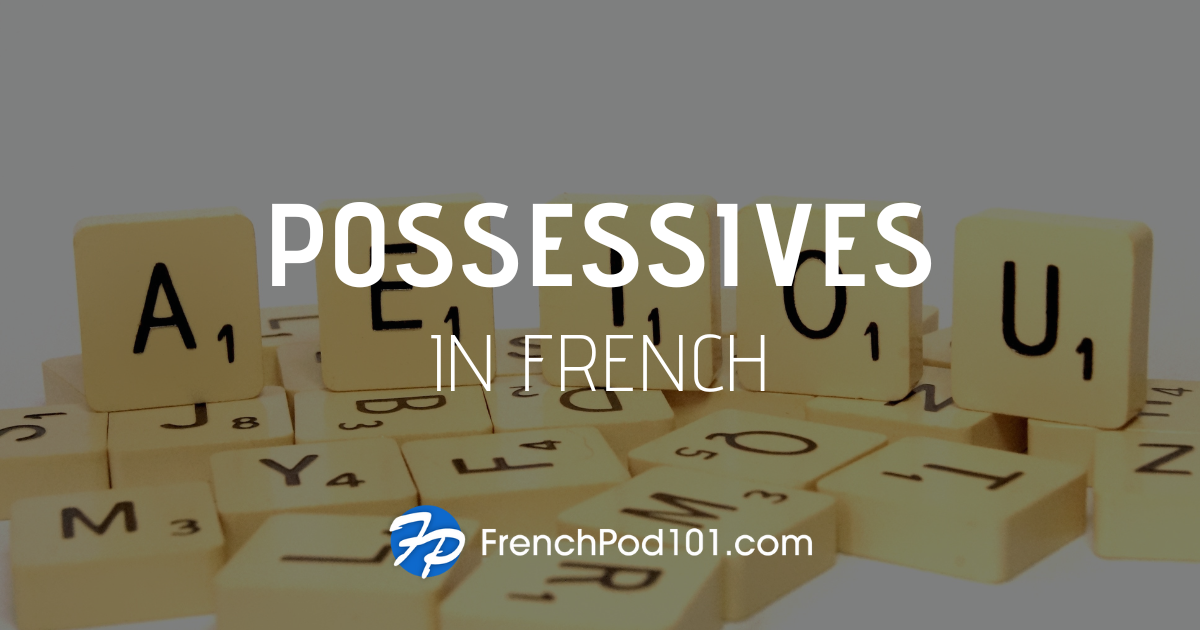Each year, the French commemorate the end of the French Revolution and the storming of the Bastille fortress. Called Bastille Day everywhere but France itself, this holiday is France’s national day and possibly the most significant public holiday in the country.
By learning about Bastille Day, France’s history and culture will become more clear to you. And as any successful language-learner can tell you, studying culture is a step you can’t miss if you hope to master the beautiful French language.
At FrenchPod101.com, we hope to make this learning experience both fun and effective!
1. What is Bastille Day?
The nation remembers the storming of the Bastille (otherwise known as the Bastille Day attack) on this holiday, which took place in 1789 during the French Revolution. For this reason, the word Bastille is often associated with our national day, though French people never actually call it “Bastille Day.”
1- The Bastille
Bastille was a fortress and an arsenal destined to defend the East of Paris, which later became a prison by the Cardinal Richelieu.
The storming of this structure on July 14, 1789, symbolizes the French Revolution as a major event of the people’s revolt, the initiation of today’s nation. The first edition of the national day in 1790 was named “the federation party” during this era. It represented the reconciliation of the French by the monarchy constitution under Louis XVI.
The federation party was considered a happy ending to the French Revolution, which lasted ten years with the proclamation of the First Republic under Louis XVI.
Napoléon Bonaparte succeeded him with the establishment of the First Empire at the beginning of the 19th century.
2- Bastille Day History
The true origin of the current national holiday is found in the historic facts of the Republic. It took root with two events at the end of the 19th century.
The first one was the official national day on June 30, 1878, to celebrate the Republic. A painting of Monet exposed in the Museum of Orsay redraws this event in the Montorgueil street situated in the second district. The second celebration unfolded itself July 14, 1879; this one was more popular and semi-official to celebrate the revolution of the French people.
These two marking days resulted in a law proposition in 1880 to establish July 14 as the national day. The senate accepted July 14 to represent the storming of the Bastille Fortress, instead of August 4 to honor the end of the feudal system from the Roman Empire and promoting the strength of the lords by their land.
2. When is Bastille Day?
Bastille Day is celebrated in France each year on July 14.
3. Reading Practice: Bastille Day Celebrations
Do you know how France celebrates its national day? Read the French text below to learn about the Bastille Day parades and other traditions. Check your French reading skills with the English translation directly below it!
—
Chaque année depuis 1880, a lieu un défilé militaire à Paris, en présence du Président de la République. Les militaires sont à pieds, à cheval, en voiture ou dans des avions. Ils descendent l’avenue des Champs Élysées, la place de l’Étoile et vont jusqu’à la place de la Concorde, où ils saluent le président et son gouvernement. Ce défilé attire des milliers de Français. Ceux qui ne peuvent venir le voir à Paris le regardent à la TV. Les deux chaînes françaises qui diffusent cet évènement attirent des millions de téléspectateurs chaque année.
Le soir, les Français peuvent faire la fête puisque des bals sont organisés dans la plupart des villes. Ils ont le choix car différents styles de bals et de musiques sont proposés au sein même d’une seule ville. A Paris, le bal le plus populaire est le bal des Pompiers. Il est organisé dans la caserne même des pompiers et réunit des personnes de tous les âges, toutes les professions.
Le saviez-vous ? La plupart des Français ignorent que le 14 Juillet célèbre deux évènements. En général, ils pensent que c’est en la mémoire de la prise de la Bastille uniquement ! La Fête de la Fédération reste méconnue, même en France.
—
Every year since 1880, a military parade has taken place in Paris in front of the President of the Republic. The soldiers are on foot, on horseback, in vehicles, or flying in planes. They go down the Champs Élysées boulevard, the Place de l’Étoile, and all the way to Place de la Concorde, where they salute the President and his government. This parade attracts thousands of French people. Those who cannot come to see it in Paris watch it on TV. The two French channels that broadcast this event draw millions of viewers each year.
At night, the French have an opportunity to party, since dances are organized in most cities. They have a choice, as many different styles of dances and music are offered in each city. In Paris, the most popular dance is the Bal des Pompiers. It is organized in the firefighters’ actual firehouse, and brings people together of all ages and professions.
Did you know? Most French people don’t know that July 14 celebrates two events. In general, they think that it only celebrates the taking of the Bastille. The Fête de la Fédération remains little-known, even in France.
4. Fireworks in France!
On the evening of July 14, French people can see fireworks being set off in most cities. This is a tradition that has existed since the creation of this national holiday in 1880. In Paris, the Trocadéro fireworks alone bring together thousands of visitors.
5. Essential Vocabulary for Bastille Day
Here’s some vocabulary you should know for Bastille Day in France!
- Roi — “King”
- Fête nationale — “Bastille Day”
- Révolution française — “French Revolution”
- Cocarde — “Cockade”
- Bourgeoisie — “Bourgeoisie”
- Sans-culottes — “Sans-culottes“
- Révolutionnaire — “Revolutionary”
- Noblesse — “Nobility”
- Noble — “Noble”
- Monarchie — “Monarchy”
- Guillotine — “Guillotine”
- Prise de la Bastille — “Storming of the Bastille”
To hear each vocabulary word pronounced, check out our French Bastille Day vocabulary list.
Conclusion
We hope you enjoyed learning about Bastille Day and its history with us! Did you learn anything new about France’s national day? What does your country’s national holiday look like? Let us know in the comments! We always look forward to hearing from you.
To continue in your French studies, explore FrenchPod101.com and take advantage of our fun and practical learning tools! Read more insightful blog posts like this one, study free French vocabulary lists on a range of topics, and chat with fellow French learners on our community forums! By upgrading to Premium Plus, you can also start using our MyTeacher program and learn French one-on-one with a French teacher and more personalized plan.
Learning French is a bold endeavor, and one that you’ll never regret. Know that your hard work and determination will pay off, and you’ll be speaking, writing, and reading French like a native before you know it! FrenchPod101 will be here with you each step of your way there.
Happy Bastille Day!













